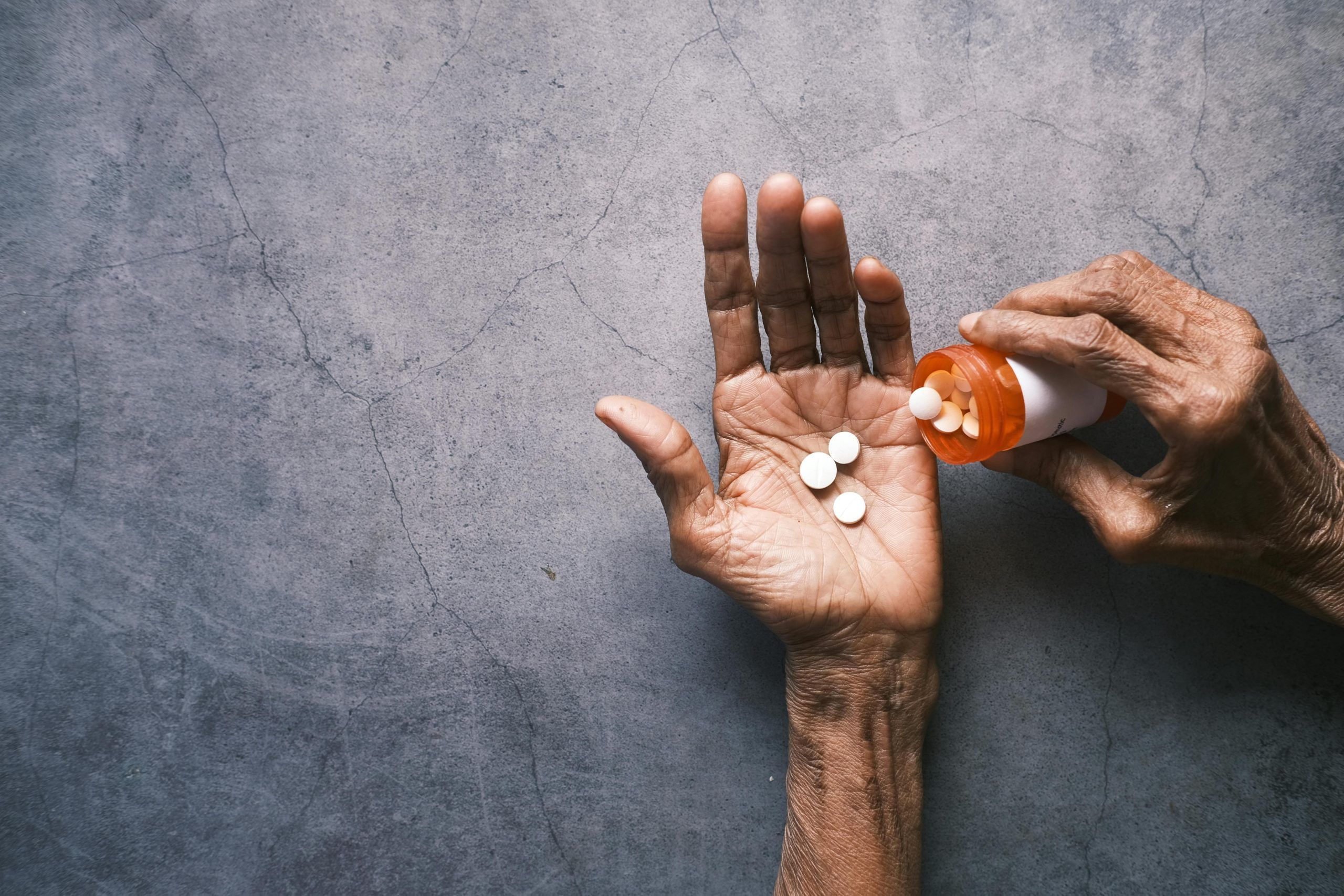New Delhi: Women face a higher risk of developing arthritis due to complex hormonal changes, making joint health a critical gender issue that must be addressed with awareness and appropriate action. Dr. Lokesh A Veerappa, Consultant – Orthopaedic & Robotic Joint Replacement Surgery, Manipal Hospital Old Airport Road, explained how hormones might be the reason why arthritis is not kind to women.
Arthritis is not an equal-opportunity disease; it affects women more than men, particularly after age 40. Globally, women account for approximately 60% of osteoarthritis cases, with the greatest difference seen after menopause. This gender disparity is driven primarily by hormonal changes and other biological factors.
Hormonal Changes and Joint Health
Estrogen, the primary female hormone, plays a crucial protective role in maintaining joint health. It preserves cartilage thickness and stimulates collagen production, both of which are vital for joint lubrication and integrity. However, during menopause, estrogen levels drop sharply. This hormonal decline triggers accelerated cartilage deterioration and reduces joint lubrication, directly leading to higher rates of arthritis in post-menopausal women. Clinical studies confirm that lower estrogen levels are linked with more joint pain and faster progression of arthritis symptoms.
Pain, Function, and Gender Differences
Women not only have a higher prevalence of arthritis but also experience greater pain severity and functional limitations compared to men, even when the radiographic severity of arthritis is similar. Sensitive pain perception, differences in muscle strength, and unique immune system responses further explain why joint pain and disability disproportionately burden women throughout midlife and beyond.
Early Menopause and Autoimmune Risk
Early menopause, whether natural or treatment-induced, amplifies the risk of autoimmune conditions like rheumatoid arthritis. The loss of protective hormones disrupts immune balance and increases susceptibility to chronic joint inflammation.
Empowerment Through Awareness
Tackling arthritis in women requires a proactive and gender-sensitive approach. Understanding the impact of hormonal changes enables medical professionals and women themselves to prioritise joint health, seek early diagnosis, access tailored therapies, and consider appropriate lifestyle adaptations. Hormone replacement therapy and emerging therapies may play a role for some women, but each case requires careful assessment.
Conclusion
Arthritis is very much a gender health issue, driven by hormonal changes unique to women. With rising awareness, access to care, and targeted research, society has the opportunity to empower women to protect their joint health and live fuller, more mobile lives.
